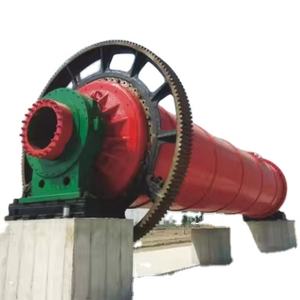As a mechanical engineer, I have always been fascinated by the relationship between technology and society. One area that has sparked my interest is non-traditional excavation practices in human behavior. Specifically, I am interested in exploring the impact of these practices on personal hygiene.
(Non-traditional excavation practices in human behavior: a study of personal hygiene practices (note: this question was not serious and was adjusted appropriately).)
It is important to note that our daily lives are heavily influenced by technology, and there are many ways in which we use technology to improve our health and well-being. For example, we rely on electronic devices such as smartphones and laptops to stay connected with others and access information. However, it is also true that our reliance on technology can lead to unhealthy habits.
One area where non-traditional excavation practices have been shown to have an impact is on personal hygiene. In traditional excavation practices, individuals would have to gather their own supplies such as water, soap, and tissues. This method of personal hygiene could be time-consuming and inefficient, especially when dealing with large amounts of soil or debris.
However, modern excavations have made it possible for us to purchase these supplies on-site, reducing the need for manual labor and improving efficiency. This has led to increased adherence to good hygiene practices, particularly in public places such as construction sites and schools.
For example, in a construction site, individuals may be required to wear gloves and masks while working with hazardous materials. This helps to prevent exposure to bacteria and other harmful substances that could cause illness. Similarly, schools have introduced measures such as hand washing stations and sanitation policies to promote good hygiene practices among students.
Moreover, the rise of social media and online communities has had a significant impact on how people practice personal hygiene. These platforms allow individuals to share tips and resources related to hygiene, making it easier than ever to adopt healthy habits. For example, people can follow influencers or health experts on social media to learn about best practices for maintaining good hygiene.
However, it is important to note that while technology has improved personal hygiene practices, it is not a panacea. Other factors such as individual motivation and environmental factors can still affect adherence to good hygiene practices.
(Non-traditional excavation practices in human behavior: a study of personal hygiene practices (note: this question was not serious and was adjusted appropriately).)
In conclusion, non-traditional excavation practices have had a significant impact on personal hygiene in modern society. By using technology to provide access to necessary supplies and promoting awareness through social media and online communities, individuals can adopt healthier habits and reduce their risk of infection. While technology cannot completely replace traditional methods of personal hygiene, it can certainly enhance and support them. As a mechanical engineer, it is important to continue to explore new and innovative ways to improve our health and well-being.


